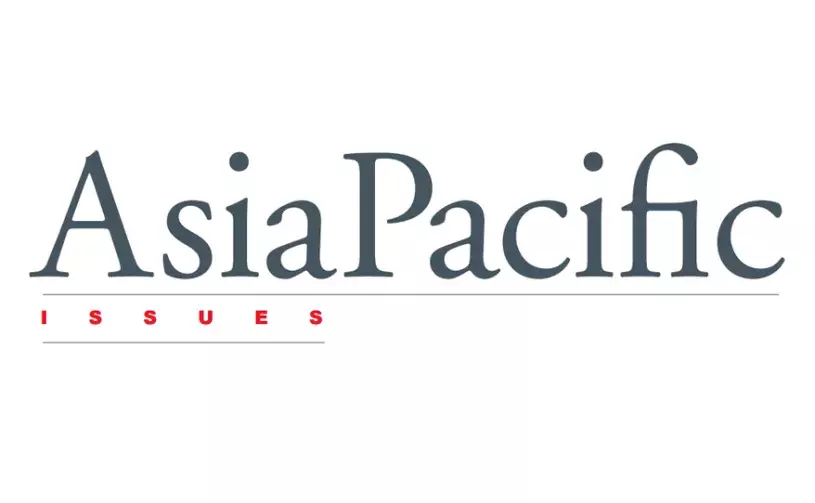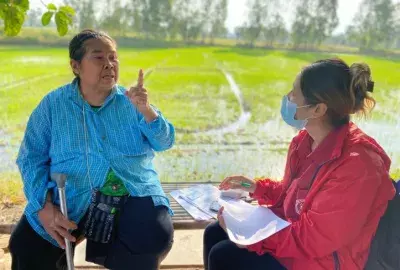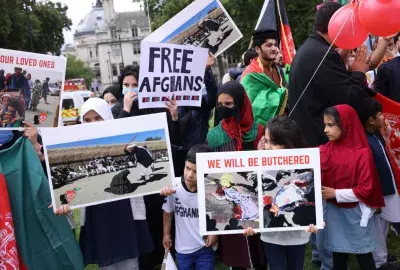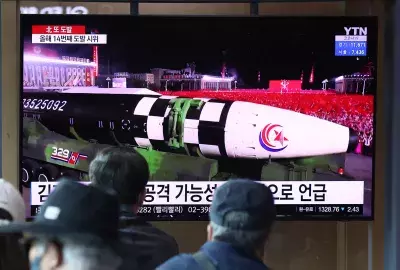Error message

After hundreds of years as a Portuguese colony and then decades of Indonesian occupation, Timor-Leste (East Timor) finally became independent in 2002. Since then, Timor-Leste has been in the process of building itself as a sovereign nation, fighting to shake off its tumultuous past. Timor-Leste must now decide how best to resolve issues stemming from a brief civil war and Indonesian invasion and occupation (1975-1999), including grave human rights violations on all sides of the conflict. Human rights trials in both Timor-Leste and Indonesia have produced unsatisfying results, but two separate truth commissions recommended reparations--both intrastate and interstate--as a key element of reconciliation and healing. Critical questions remain, however, concerning the value, scope, and implementation of a reparations program within Timor-Leste or between Indonesia and Timor-Leste. Only a sincere, informed, and transparent decision-making process will result in a reparations program that could be a significant and successful part of moving peace and justice forward.
The views expressed in this publication are those of the author and not necessarily those of the Center.
After hundreds of years as a Portuguese colony and then decades of Indonesian occupation, Timor-Leste (East Timor) finally became independent in 2002. Since then, Timor-Leste has been in the process of building itself as a sovereign nation, fighting to shake off its tumultuous past. Timor-Leste must now decide how best to resolve issues stemming from a brief civil war and Indonesian invasion and occupation (1975-1999), including grave human rights violations on all sides of the conflict. Human rights trials in both Timor-Leste and Indonesia have produced unsatisfying results, but two separate truth commissions recommended reparations--both intrastate and interstate--as a key element of reconciliation and healing. Critical questions remain, however, concerning the value, scope, and implementation of a reparations program within Timor-Leste or between Indonesia and Timor-Leste. Only a sincere, informed, and transparent decision-making process will result in a reparations program that could be a significant and successful part of moving peace and justice forward.
The views expressed in this publication are those of the author and not necessarily those of the Center.







